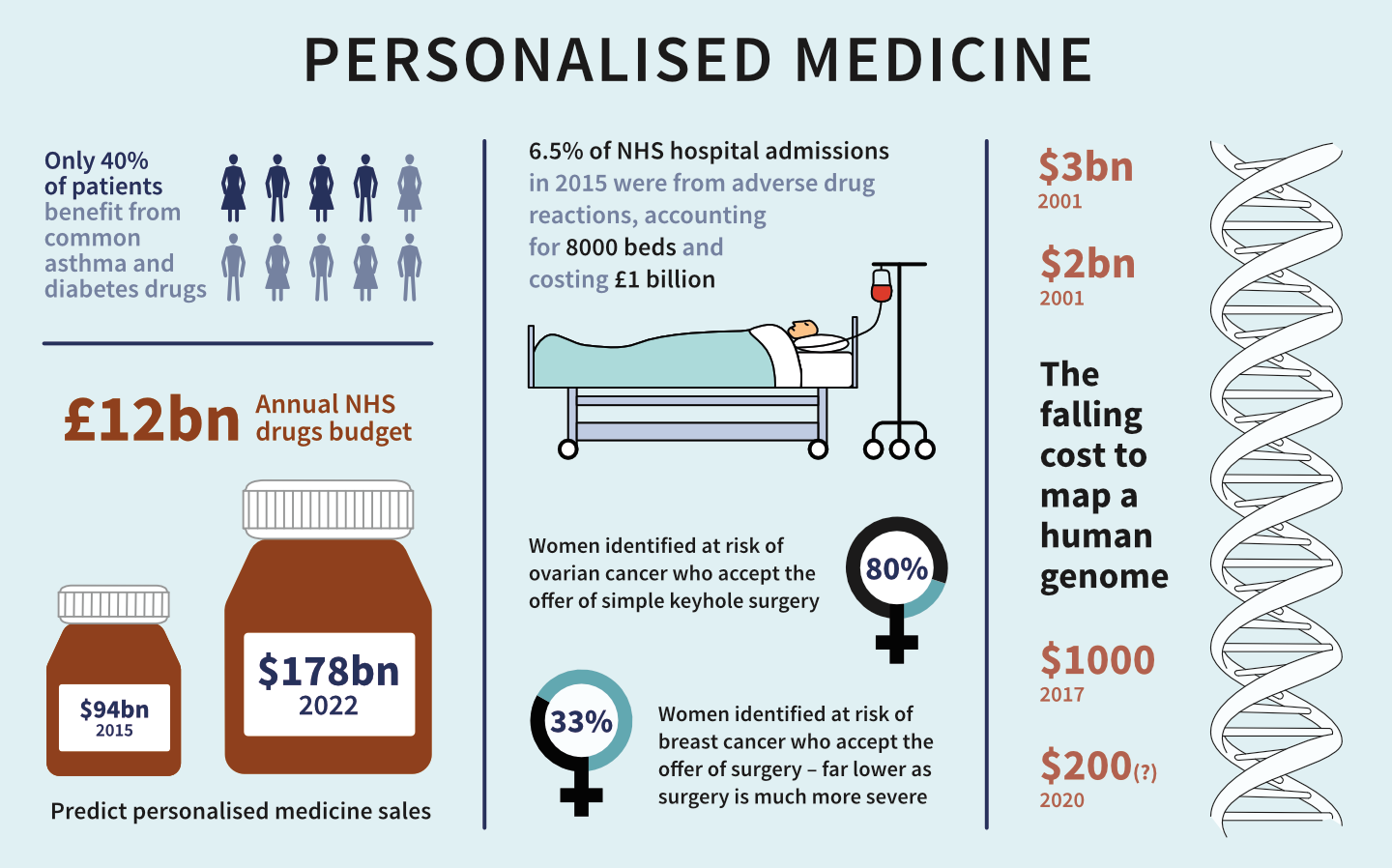
AI-Powered Healthcare: Precision Medicine and Personalized TreatmentAI-Powered Healthcare: Precision Medicine and Personalized Treatment Artificial intelligence (AI) is revolutionizing the healthcare landscape, enabling the development of precision medicine and personalized treatment plans. Precision Medicine Precision medicine focuses on tailoring medical interventions to the unique genetic and molecular profile of each patient. AI algorithms analyze vast datasets of patient data, including genetic information, medical history, and lifestyle factors, to identify patterns and predict disease risk. This allows clinicians to: * Proactively identify individuals at high risk for specific diseases and take preventive measures. * Determine the most effective treatment options based on the patient’s genetic makeup. * Monitor patients’ response to therapy and adjust treatment accordingly. Personalized Treatment AI also plays a crucial role in personalizing treatment plans. By combining patient data with clinical guidelines and evidence-based research, AI algorithms can: * Recommend optimal drug dosages and combinations. * Guide treatment decisions for complex and rare conditions. * Enable real-time monitoring and adjustment of care based on patient feedback. Benefits of AI-Powered Healthcare AI-powered healthcare offers numerous benefits, including: * Improved outcomes: Precision medicine and personalized treatment lead to more effective and targeted treatment, resulting in better patient outcomes. * Reduced costs: By identifying high-risk individuals and optimizing treatment plans, AI can help reduce healthcare costs. * Patient empowerment: Patients have access to personalized health information and insights, enabling them to make informed decisions about their care. * Increased efficiency: AI automates many tasks, freeing up clinicians to focus on patient care and research. Challenges and Considerations While AI holds immense potential for healthcare, there are challenges to overcome: * Data privacy and security: AI requires access to sensitive patient data, raising concerns about privacy and data breaches. * Interpretability and accountability: AI algorithms can be complex, making it difficult to understand and explain treatment decisions. * Bias and discrimination: AI systems trained on biased data can perpetuate existing healthcare disparities. * Regulatory and ethical implications: The use of AI in healthcare raises ethical and regulatory concerns that need to be addressed. Conclusion AI-powered healthcare offers transformative potential for precision medicine and personalized treatment. By harnessing the power of data analysis, AI can enhance patient outcomes, reduce costs, and empower individuals to take control of their health. However, careful consideration must be given to the challenges and implications of AI in healthcare to ensure its ethical and responsible use.
Posted inNews